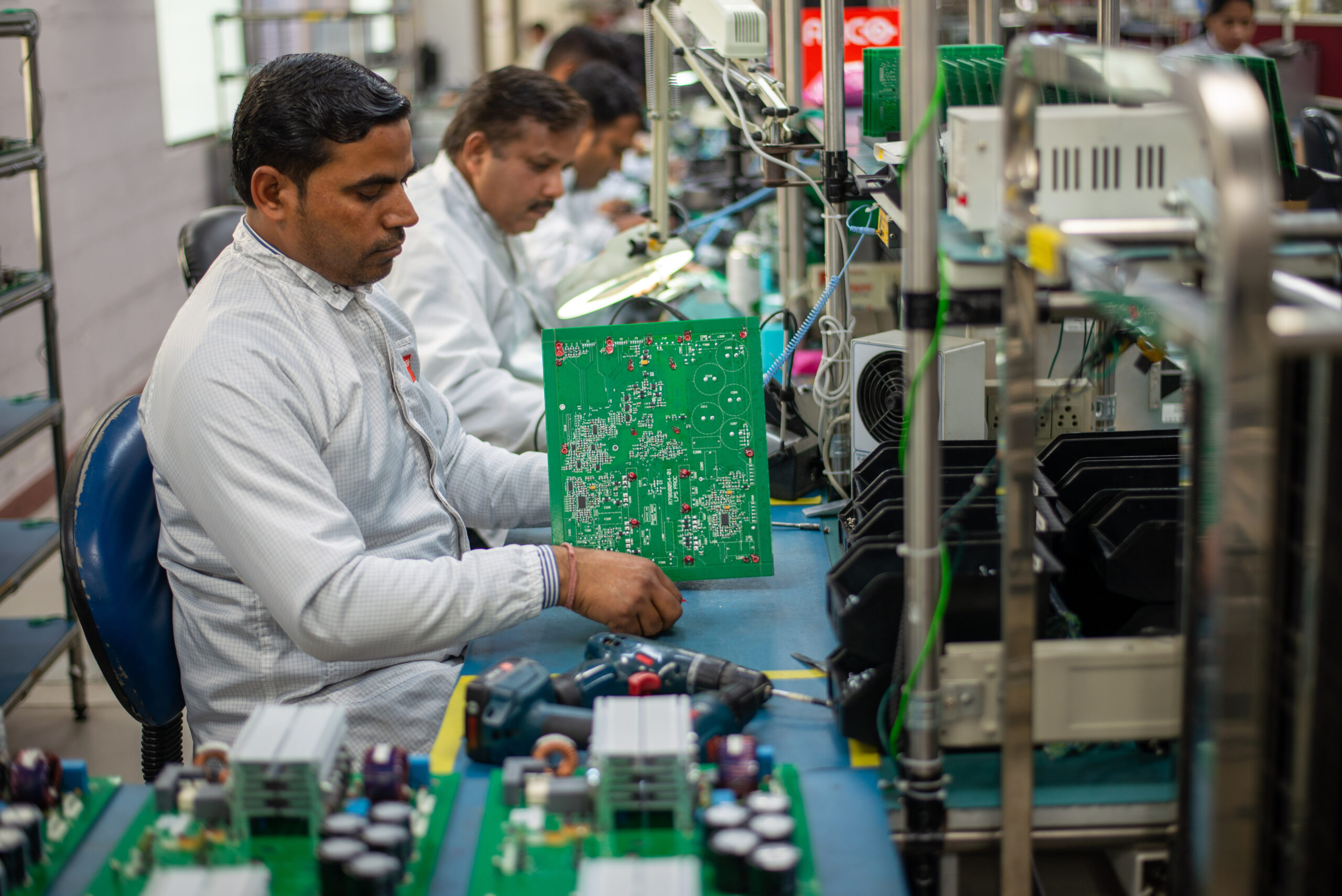The Indian government's push towards mature nodes of over 40 nanometer chips is a strategic move towards making India a key player in the global semiconductor industry. This announcement by the Union Minister of State for Electronics and Information Technology, Rajeev Chandrasekhar, is a significant step towards attracting big-ticket investments in the production of chips and displays in India. The government's $10 billion incentive plan is aimed at promoting India's ability to compete with other key players in the global supply chain.

The previous window for more expensive 28-nanometer fabrication plants was kept open for just 45 days in January 2022 and received three applications, which were evaluated by India Semiconductor Mission and its Advisory group. However, the current strategy aims to encourage mature nodes of over 40 nanometer chips, and thus, current and new players may apply for various nodes where they have the technology. Chandrasekhar expects that some of the current applicants will reapply, and there will be new fresh investors as well.
The chip manufacturing industry requires massive investments to build the necessary infrastructure and specialized knowledge. The government plan aims to provide maximum permitted investment for display manufacturing. This move is significant as it will encourage chip manufacturers to invest more in India, which will promote the Indian semiconductor industry in the global market.
Reports suggest that Anil Aggarwal's ambitious plans to build 28 nanometer chips in India in partnership with Hon Hai (Foxconn) faced challenges due to the unavailability of production-ready technology. The government's recent announcement clarifies that if Vedanta has access to 40-nanometer technology, they can reapply under the new window. The government will consider the modification for semiconductor packaging, andanta and Hon Hai reapply and meet the necessary criteria, they can expect to receive incentives from the government. However, if the application is rejected, it will result in a delay in Anil Aggarwal's ambition to establish India's first major chipmaking operation.







